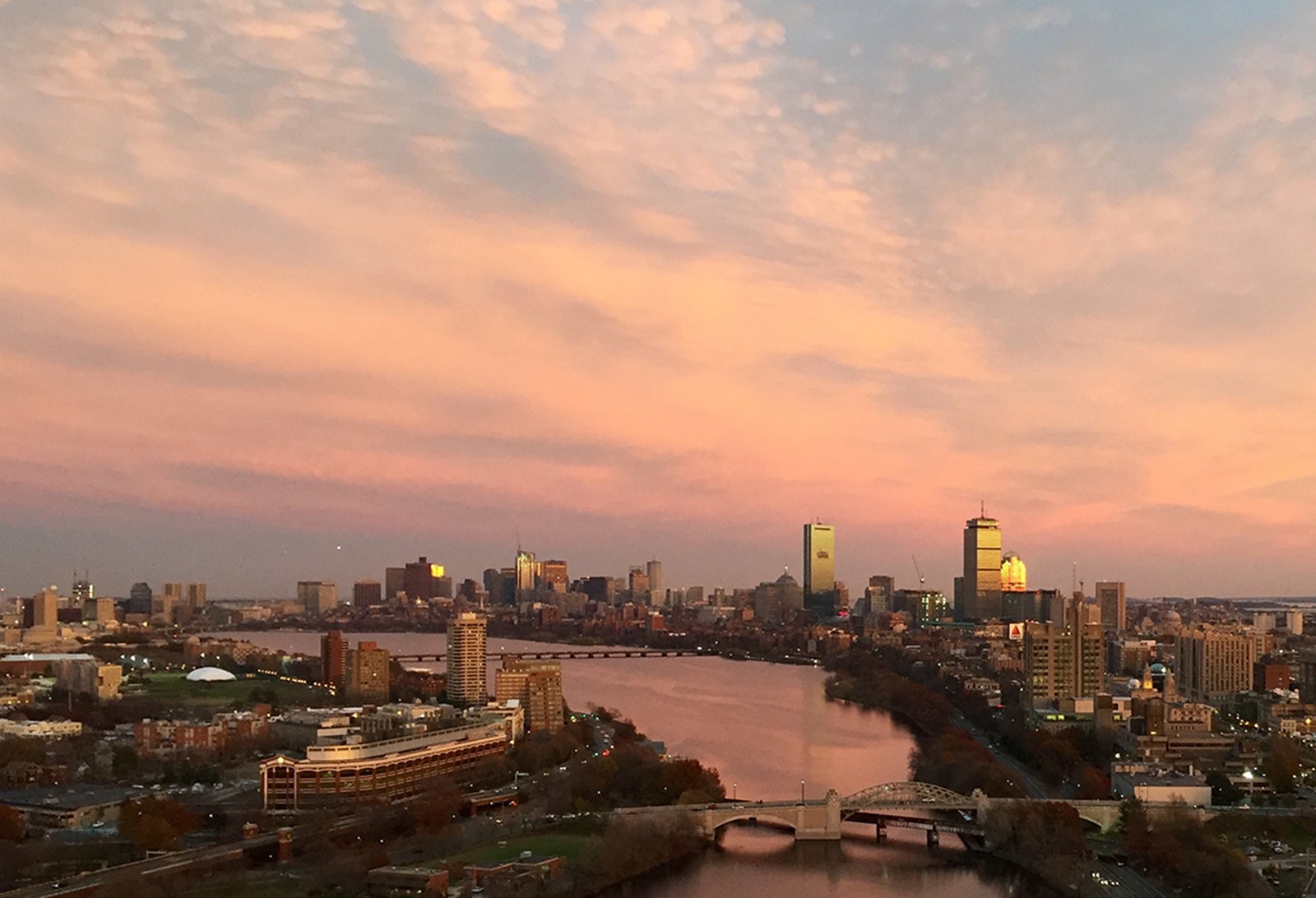
In an effort to generate long-term investment in low-income areas, on April 19, Gov. Charlie Baker’s administration proposed 138 neighborhoods across Massachusetts, including Boston, become “Opportunity Zones.”
Under this program, these areas will be eligible for a new federal program designed to stimulate growth in underprivileged urban and rural communities nationwide.
“The Opportunity Zone Program helps leverage private investment in Massachusetts cities and towns and can be a catalyst for job creation and economic activity,” Gov. Charlie Baker said in a joint press release with the Massachusetts Executive Office of Housing and Economic Development.
Colleen Arons, director of communications for the EOHED, told The Daily Free Press that the opportunity zone program, created as part of the federal 2017 tax law, asked each state to designate its number of tracts, or communities. All states were allowed to select up to one quarter of their lower-income census communities, he said.
Low-income census tracts are locations with personal poverty rates of 20 percent or greater and median family incomes that are 80 percent or less than the median for that area.
Eligible applications were judged against the state’s designation criteria, Arons said.
“The criteria assessed the community’s articulation of the economic impact of potential investment, the level of planning that had been done by each community and the need, as demonstrated by key demographics of the proposed census tract,” she said.
Baker recommended the maximum number of opportunity zones as possible for Massachusetts.
Of the 138 Massachusetts neighborhoods submitted for federal approval, 32 represent communities with the lowest median family income in the state. Less than half are “Gateway Cities,” with populations between 35,000 and 250,000 and household incomes higher than the state averages.
The list of nominated tracts also includes Cambridge, Somerville and Quincy.
Massachusetts Lt. Gov. Karyn Polito said in the release that local leaders were encouraged to nominate eligible tracts they believed would benefit from the program.
“As part of a collaborative process with communities, our administration empowered local leaders to nominate eligible tracts they believed would benefit most from this program, resulting in a diverse set of designations across Massachusetts,” Polito said.
U.S. businesspeople who invest in the tracts will be eligible to receive tax deferrals and other benefits when they rollover unrealized gains, or profits that exist on paper, for five years or more, according to Enterprise, a nonprofit dedicated to making quality housing more affordable.
The Treasury has not released guidance on the process for certifying Opportunity Funds, but Enterprise anticipates the program will be fully implemented by early 2019.
Massachusetts Housing and Economic Development Secretary Jay Ash said he is optimistic about the program’s ability to attract investment to Boston’s low-income communities.
“We are committed to helping our cities and towns prepare for and attract investment, and we are enthusiastic about the possibilities represented by [this program],” Ash said in the press release. “Here in Massachusetts, our communities have proven that planning, site readiness, and community engagement are major factors in successful development.”
Lilly Worthley, 23, said she was curious if the tax breaks would be enough incentive for investors to contribute to the program.
“As long as it’s done right, I can totally see it being good, but a lot of issues with housing come from poorly written legislation, where they have the right idea, but the details got muddled and loopholes were abused,” the Fenway resident said. “As long as it’s done in a thought out and ethical way, and all perspectives are analyzed, I think it could be a good idea.”



















































































































